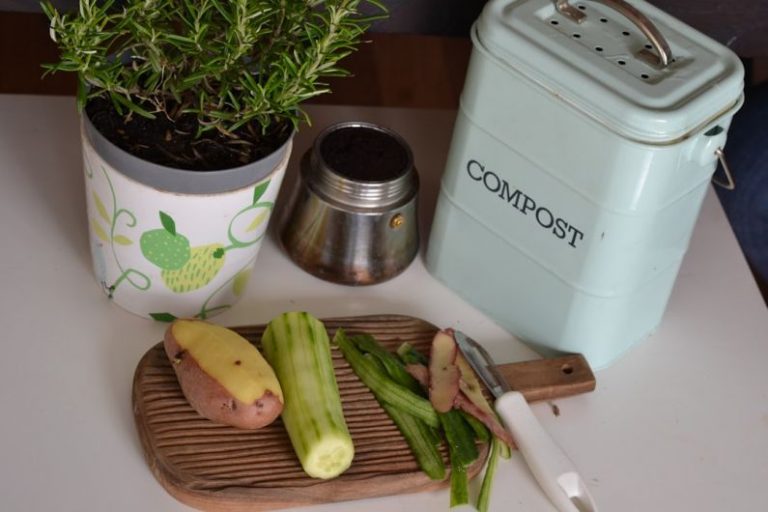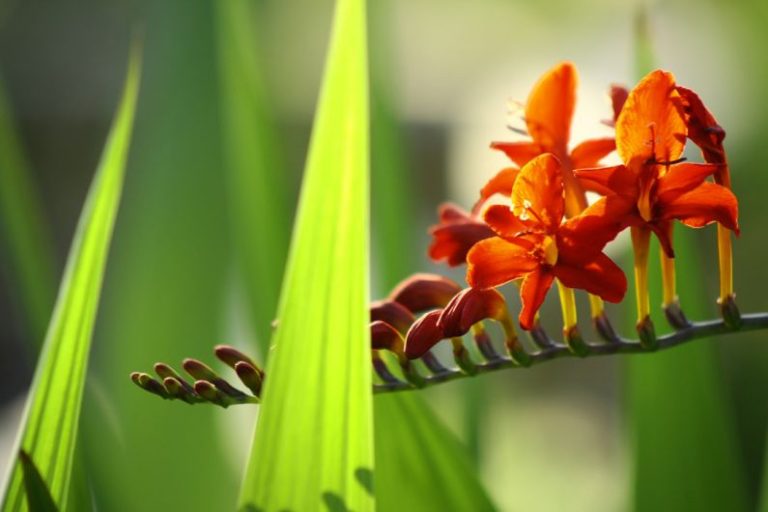Pest Control Strategies for Gardeners
Creating a beautiful garden is a rewarding experience, but dealing with pests can quickly turn it into a frustrating battle. From insects to rodents, these unwanted guests can wreak havoc on your plants if left unchecked. To help you maintain a healthy and thriving garden, here are some effective pest control strategies for gardeners.
Identify the Pest
The first step in pest control is identifying the culprit. Different pests require different treatment methods, so it’s crucial to know exactly what you’re dealing with. Take the time to observe your plants and look for any signs of damage or the pests themselves. Common garden pests include aphids, caterpillars, snails, and slugs. Once you’ve identified the pest, you can choose the most appropriate control method.
Natural Predators
One effective way to control pests in your garden is by introducing natural predators. Ladybugs, lacewings, and parasitic wasps are just a few examples of beneficial insects that feed on common garden pests. By attracting these natural predators to your garden, you can create a balanced ecosystem that helps keep pest populations in check. Planting a diverse range of flowers and herbs can help attract beneficial insects to your garden.
Companion Planting
Companion planting is another natural pest control strategy that can help protect your plants from unwanted visitors. By growing certain plants together, you can deter pests and attract beneficial insects. For example, planting marigolds alongside your vegetables can help repel nematodes and other harmful insects. Similarly, planting basil near tomatoes can help improve the flavor of the tomatoes while repelling pests.
Physical Barriers
Physical barriers can be an effective way to keep pests out of your garden. Use row covers to protect your plants from insects and other pests. Row covers are lightweight fabric covers that allow sunlight and water to reach your plants while creating a barrier against pests. They can be particularly useful for protecting crops like carrots, cabbage, and lettuce from insect damage.
Organic Sprays
If natural predators and companion planting aren’t enough to control pest populations in your garden, you may need to resort to organic sprays. These sprays are made from natural ingredients and are less harmful to the environment than chemical pesticides. Neem oil, insecticidal soap, and garlic spray are all effective options for controlling common garden pests. Be sure to follow the instructions carefully when using organic sprays to avoid harming beneficial insects.
Crop Rotation
Crop rotation is a simple yet effective pest control strategy that involves planting different crops in the same area each season. By rotating your crops, you can disrupt the life cycles of pests and reduce their populations. For example, if your garden is plagued by tomato hornworms one year, planting a different crop in that area the following year can help break the cycle and prevent future infestations.
Maintain Garden Hygiene
Keeping your garden clean and tidy can help prevent pest infestations. Remove any fallen leaves, weeds, and debris that can provide hiding places for pests. Regularly inspect your plants for signs of damage and remove any affected leaves or branches. Proper watering and fertilization can also help keep your plants healthy and more resistant to pests.
Incorporating a combination of these pest control strategies can help you maintain a healthy and pest-free garden. By being proactive and attentive to your plants’ needs, you can enjoy a bountiful harvest without the interference of unwanted pests. With a little effort and dedication, you can create a thriving garden that brings you joy and satisfaction throughout the growing season.






